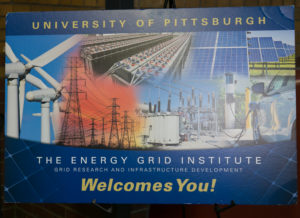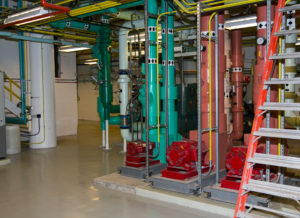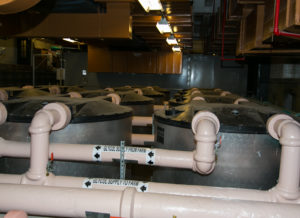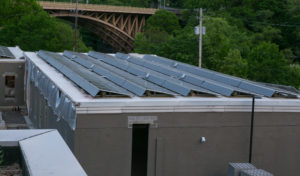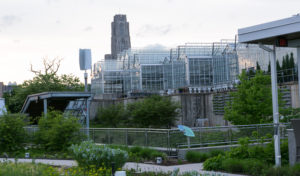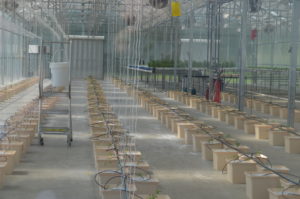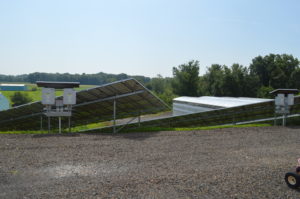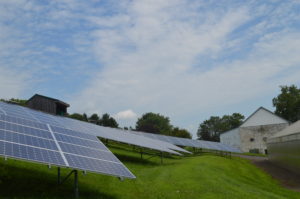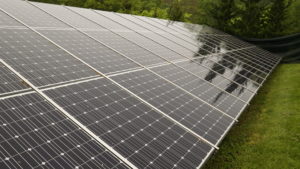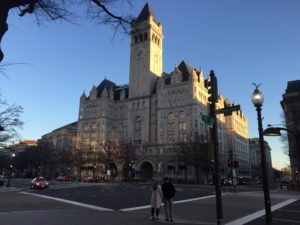By JOHN LEHMAN
In late 2004, the 9-11 Commission published its report on the devastating September 11 terrorist attacks. As a member of the 9-11 Commission, I joined my colleagues in urging that America must begin producing its own energy in much greater amounts so that it would not be hostage to the geopolitics of a region fraught with war, repression, and ethnic and religious grievances
It would have been hypocritical of me while urging this course on my fellow Americans not to practice what I had preached, so I invested in solar energy on my farm in Bucks County, Pennsylvania.
I believe in solar energy and its promise to all of our Pennsylvania citizens. “Clean,” “renewable,” and “abundant” are key words used to describe solar energy. Reflecting on my career in foreign policy and national security, I would add “domestically-produced” to the list.
Pennsylvania is a national leader in domestically-produced energy exports. Next-generation solar technologies will bring even greater economic expansion to our strong and diverse energy portfolio. Clean and renewable energy jobs now account for the greatest portion of job growth in this sector, as illustrated by the 2019 E2 Clean Jobs Pennsylvania report. The report noted that Pennsylvania’s clean energy jobs now stand at more than 90,000 and are growing at an annual rate of 6 percent —a growth rate five times the overall job growth in Pennsylvania.
Seizing the moment, State Rep. Aaron Kaufer (R-Luzerne) joined with State Rep. Donna Bullock (D-Philadelphia) to introduce Community Solar Legislation. Known as HB 531, the bill would allow the installation of solar projects by multiple residents, farmers or business owners on a single property.
The advantages of allowing groups of citizens to come together and complete a new solar project are many. It would be much easier to install solar arrays. Currently, the rule in Pennsylvania is “one property, one solar project,” but the cost is often too high for individual farmers or residents to develop a project on their own.
Under the legislation, however, individuals could band together to finance each project. So, in the farming context, if one farmer has a ridge line otherwise unusable for growing crops, he or she could form a community solar organization with a group of neighboring farmers. Collectively, they could get a loan for development, like a new low-interest state C-PACE loan available for clean energy projects, and invest in their future as farmers. The impact, over time, would be the reduction or elimination of their utility bills, and even dollars earned from the sale of unused electricity back to the electrical grid.
In the residential context, urban neighborhoods could use rooftop space on single properties to benefit entire blocks. Renters would also qualify for membership in a community solar organization, democratizing access even more. Business properties could band together in a similar fashion, and create a clean energy market district that reduces costs and creates new wealth in a given community.
Pennsylvania has set a goal of achieving 0.5 percent solar generation in the Commonwealth by 2021. It seems like a modest goal, but we still have a ways to go. Community solar projects could help us get there. I would prefer to see a much higher percentage, and investment dollars will lead the way: industry investors are poised to spend upwards of $2 billion on new solar projects in Pennsylvania once the bill passes.
However, if community solar doesn’t pass by June of this year and get to the governor’s desk for a signature, those investment dollars may end up boosting the fortunes of some other industry, in a different part of the world.
All of Pennsylvania stands to benefit from increased job growth and economic development, while helping to protect our national security and increasing citizens’ land rights, which are currently held back by red tape.
Let’s pass community solar, cut the red tape, let landowners get the most from their property, and increase economic growth for all of our citizens. With more solar energy—along with natural gas production—we can continue to increase our domestic supply, and rid ourselves of the need for foreign energy once and for all.
John Lehman served as United States Secretary of the Navy from 1981-1987 under President Reagan, and was a member of the 9/11 Commission. His latest book is OCEANS VENTURED, WINNING THE COLD WAR AT SEA.


